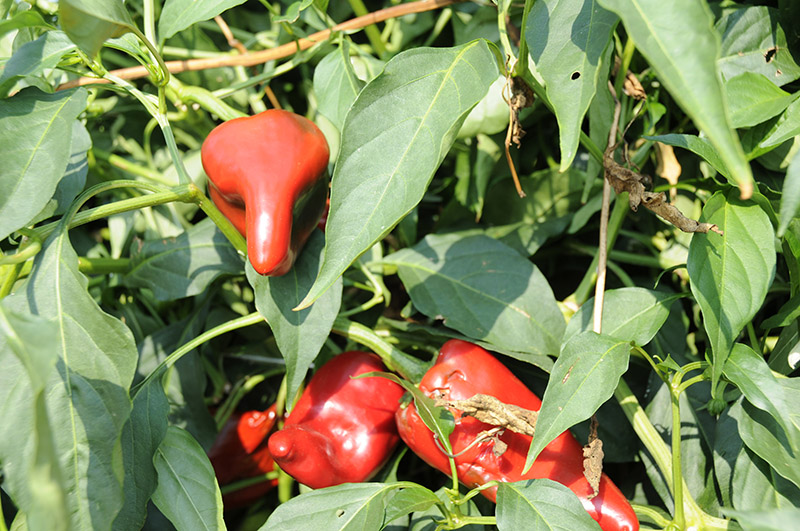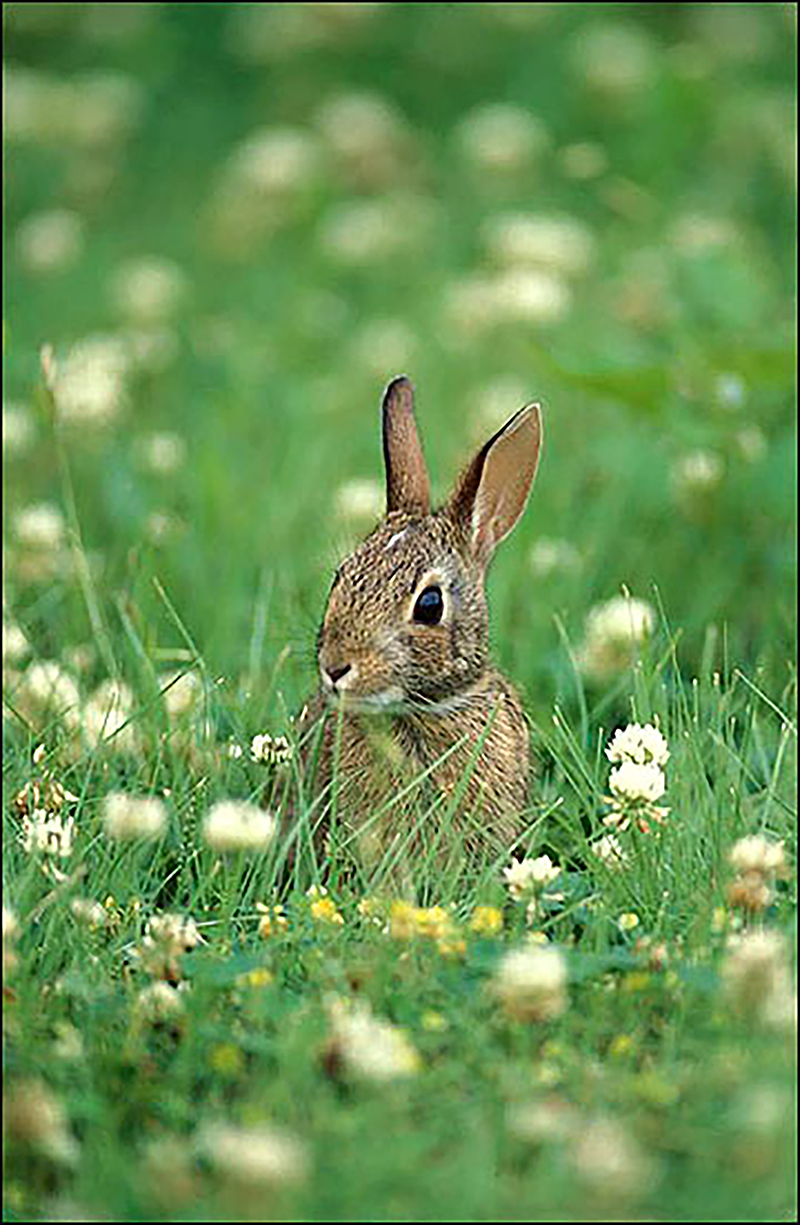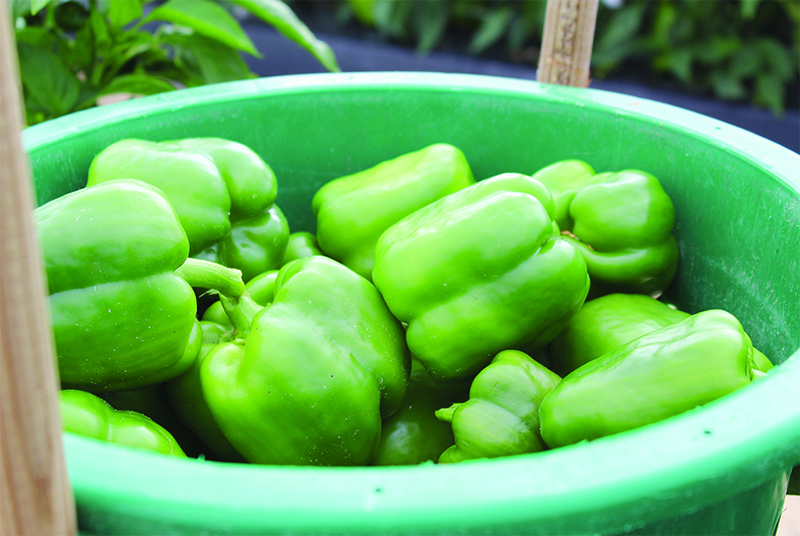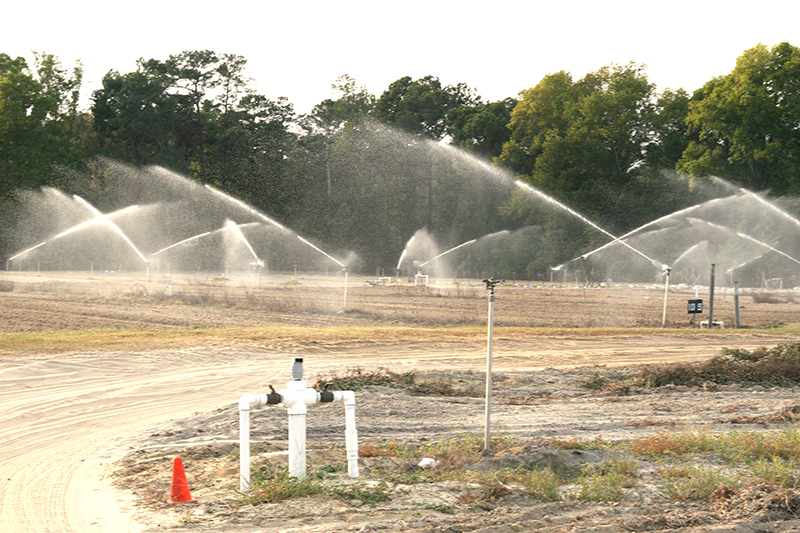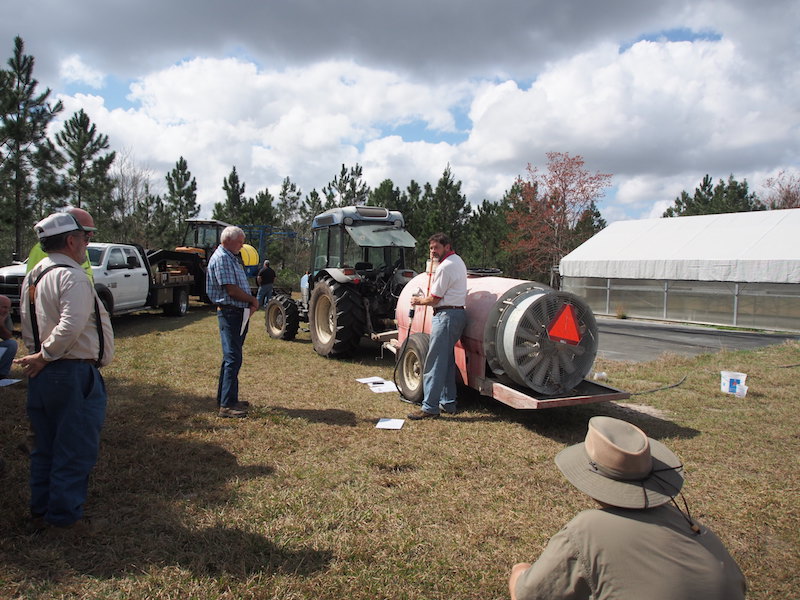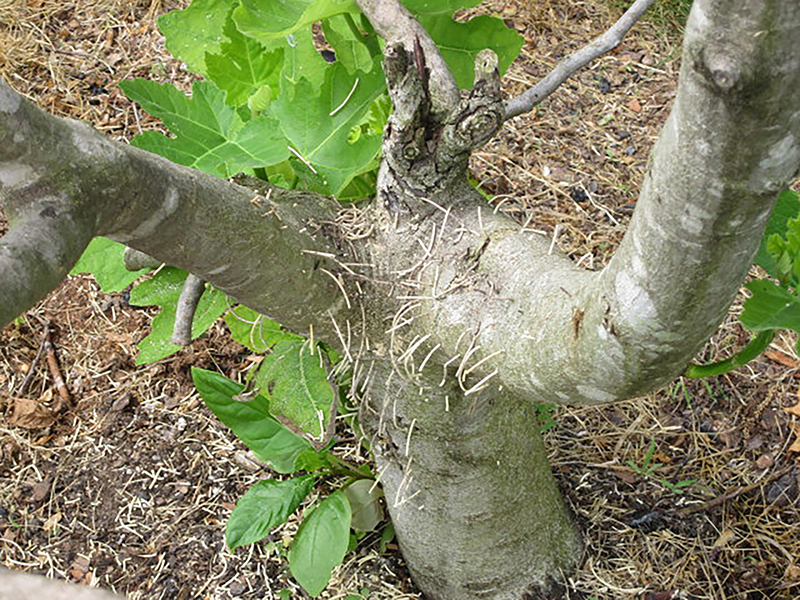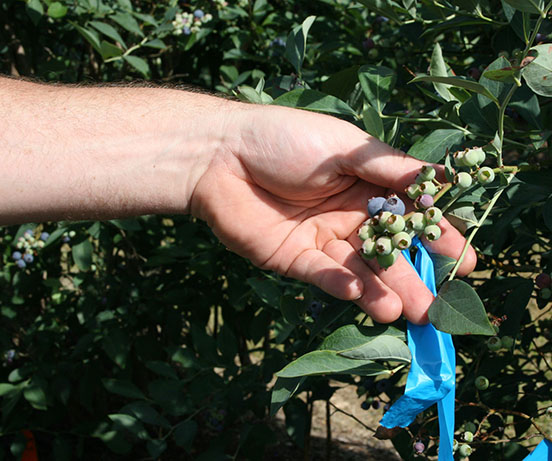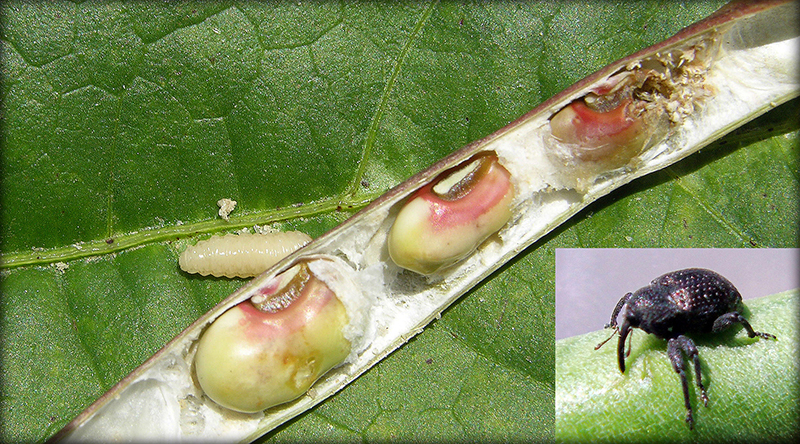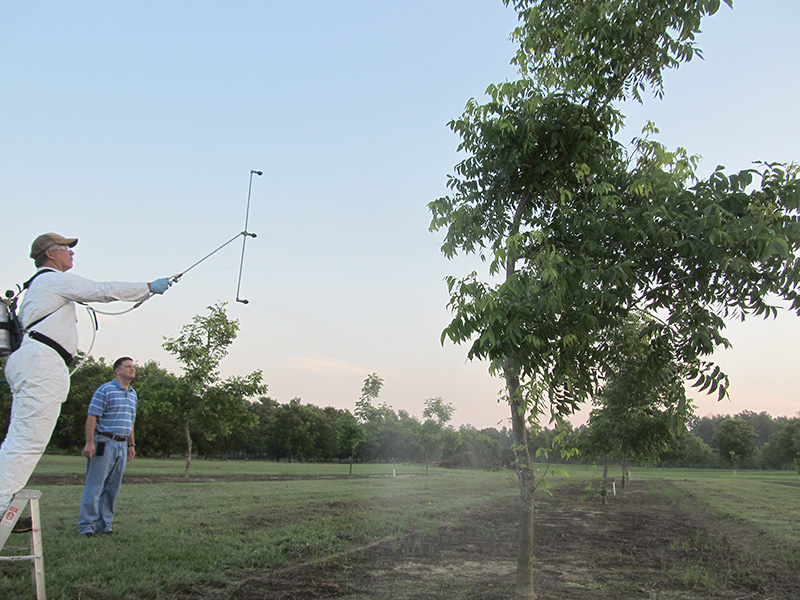 CAES News
CAES News
Pecan Trees
Dicamba and 2,4-D herbicides, sprayed directly on trees at full rates, kill the plant material they touch, but they don’t travel through the tree or linger from year to year, according to a newly released University of Georgia Cooperative Extension pecan study. The study also found that drift from the herbicides does not hurt the trees.

